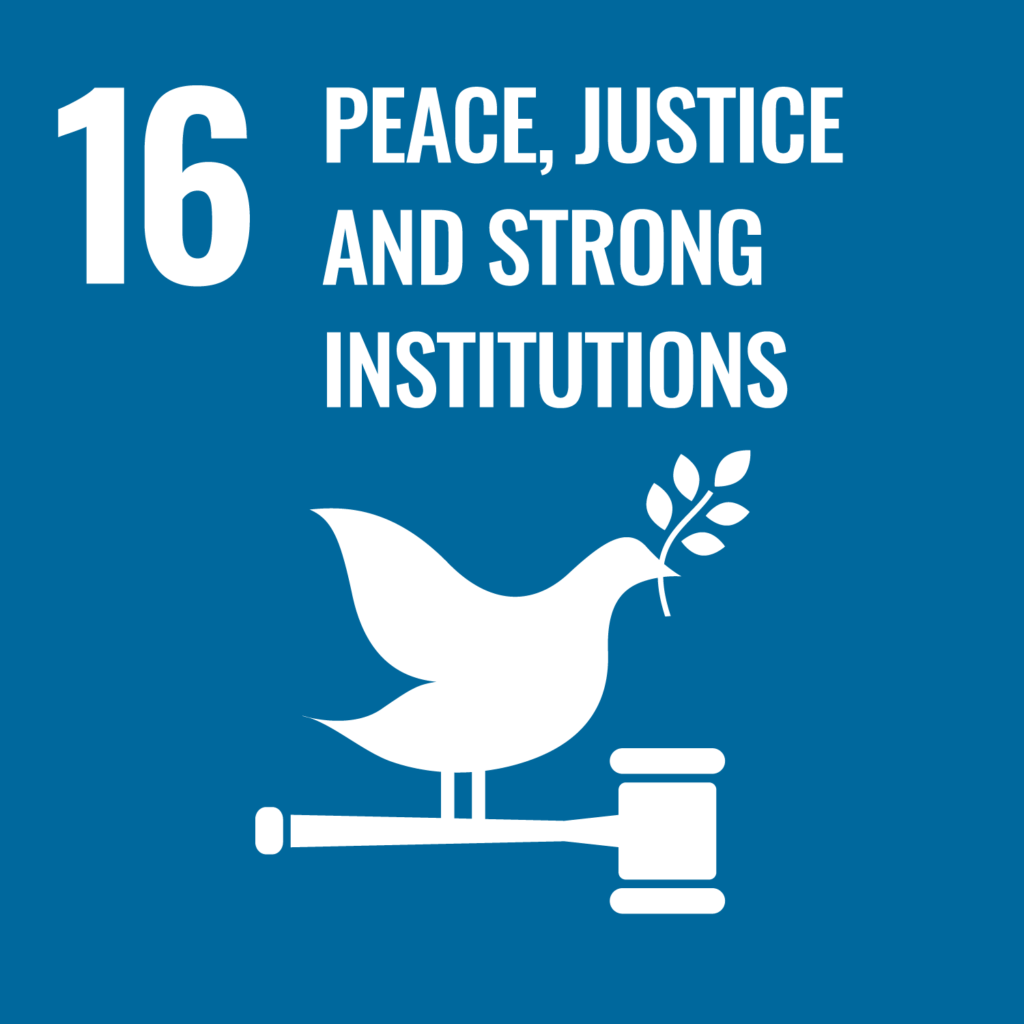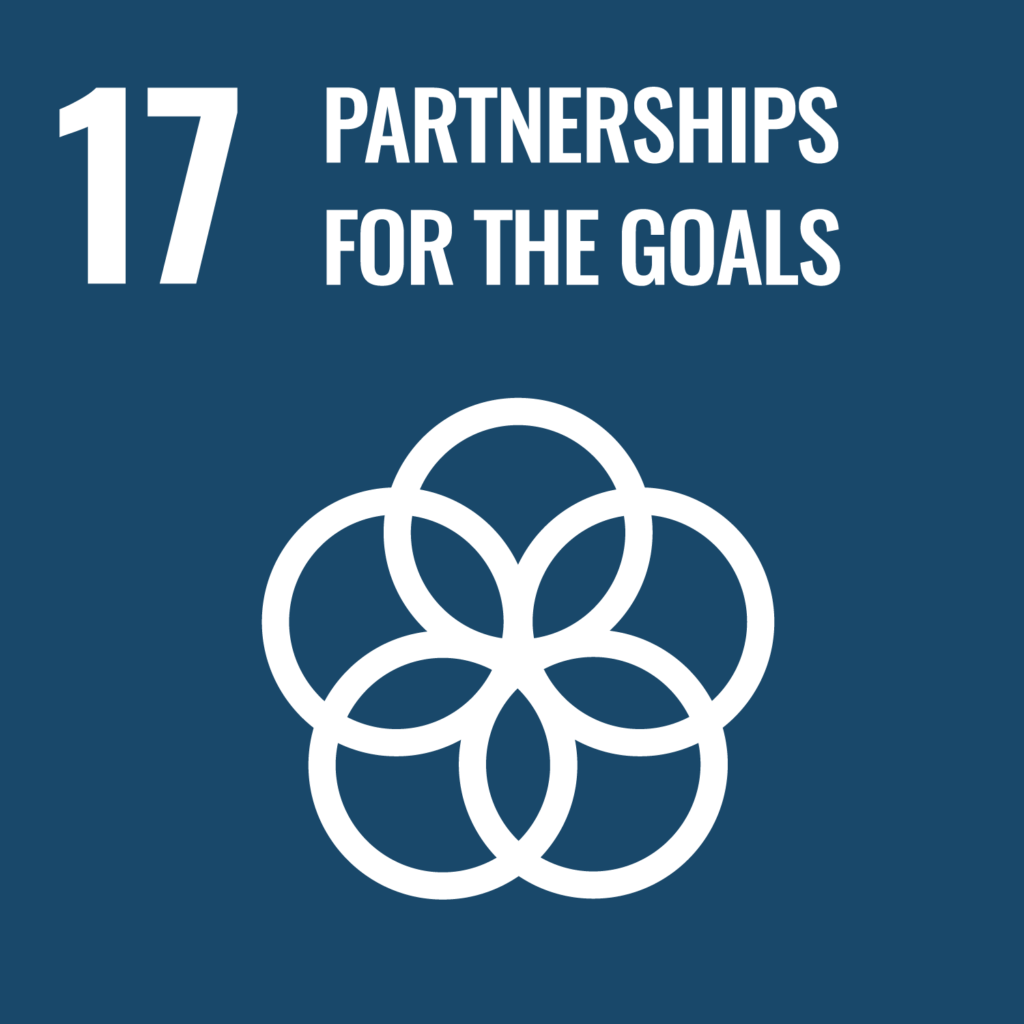About the SDGs

End poverty in all its forms everywhere

End hunger, achieve food security and improved nutrition, and promote sustainable agriculture

Ensure healthy lives and promote well-being for all at all ages

Ensure inclusive and equitable quality education and promote lifelong learning opportunities for all

Achieve gender equality and empower all women and girls

Ensure the availability and sustainable management of water and sanitation for all

Ensure access to affordable, reliable, sustainable and modern energy for all

Promote sustained, inclusive and sustainable economic growth, full and productive employment, and decent work for all

Build resilient infrastructure, promote inclusive and sustainable industrialization, and foster innovation

Reduce inequality within and among countries

Make cities and human settlements inclusive, safe, resilient and sustainable

Ensure sustainable consumption and production patterns

Take urgent action to combat climate change and its impacts

Conserve and sustainably use the oceans, seas and marine resources for sustainable development

Protect, restore and promote the sustainable use of terrestrial ecosystems, sustainably manage forests, combat desertification, and halt and reverse land degradation and halt biodiversity loss

Promote peaceful and inclusive societies for sustainable development, provide access to justice for all, and build effective, accountable and inclusive institutions at all levels

Strengthen the means of implementation and revitalize the global partnership for sustainable development
What are the SDGs?
SDG is an abbreviation for “sustainable development goal.” The SDGs are focused on addressing global issues defined according to 17 goals and 169 targets (adopted by the United Nations in September 2015) to achieve a sustainable society. All people in governments, companies and local communities are responsible for achieving these goals by 2030.
Tags associated with this article






